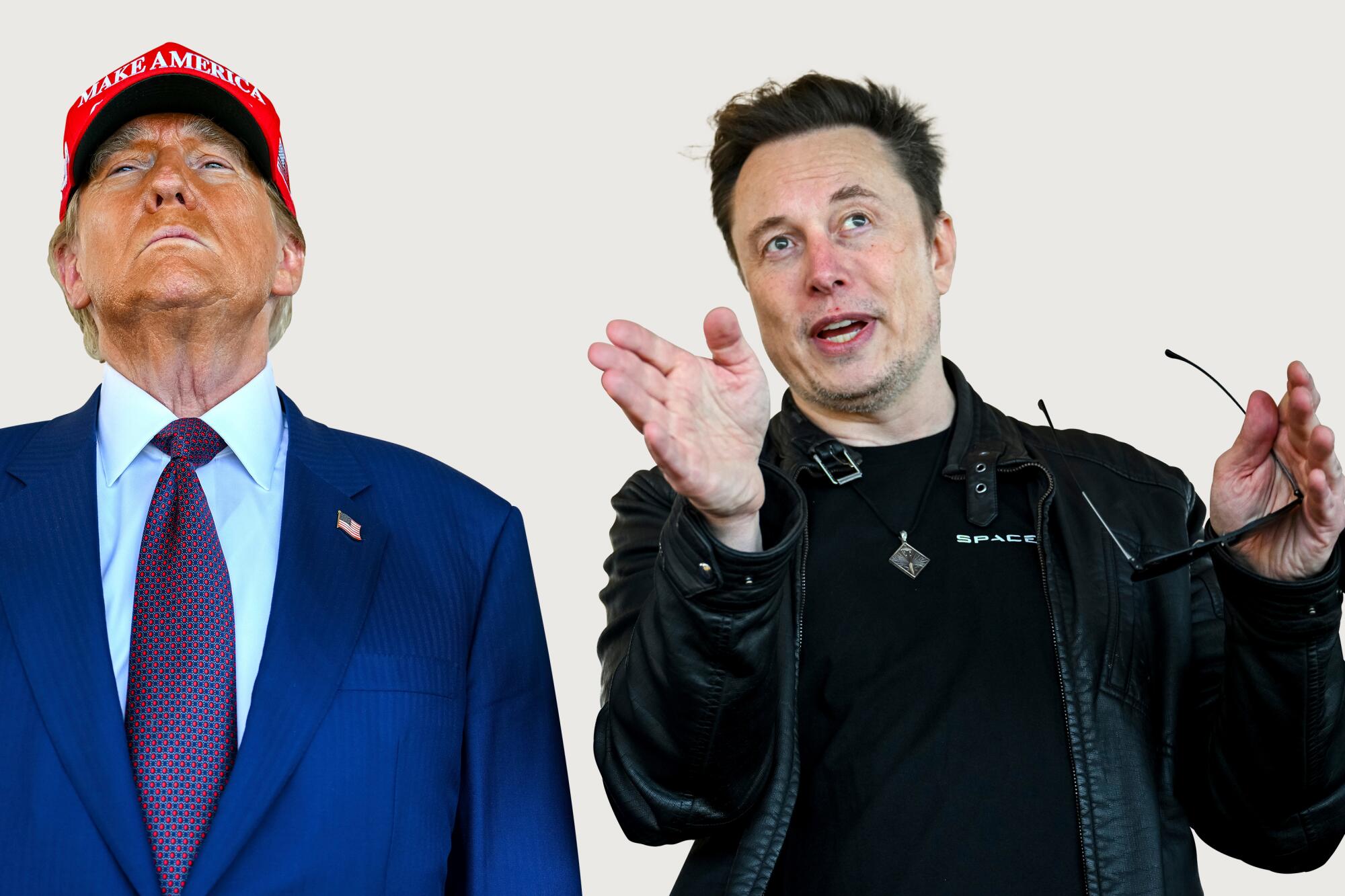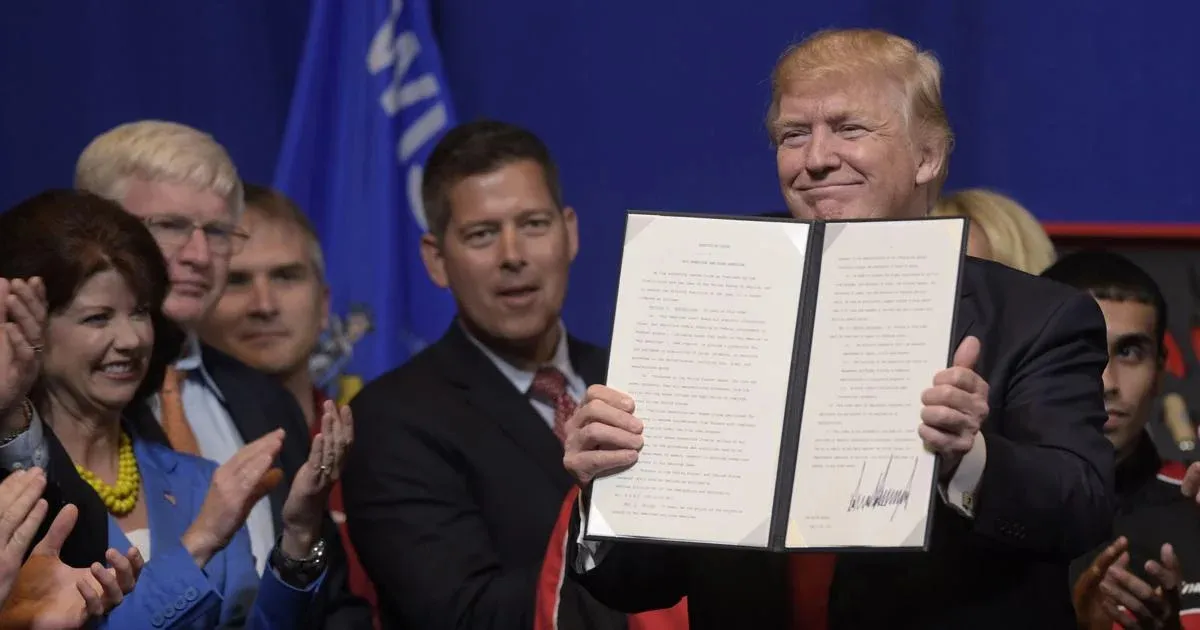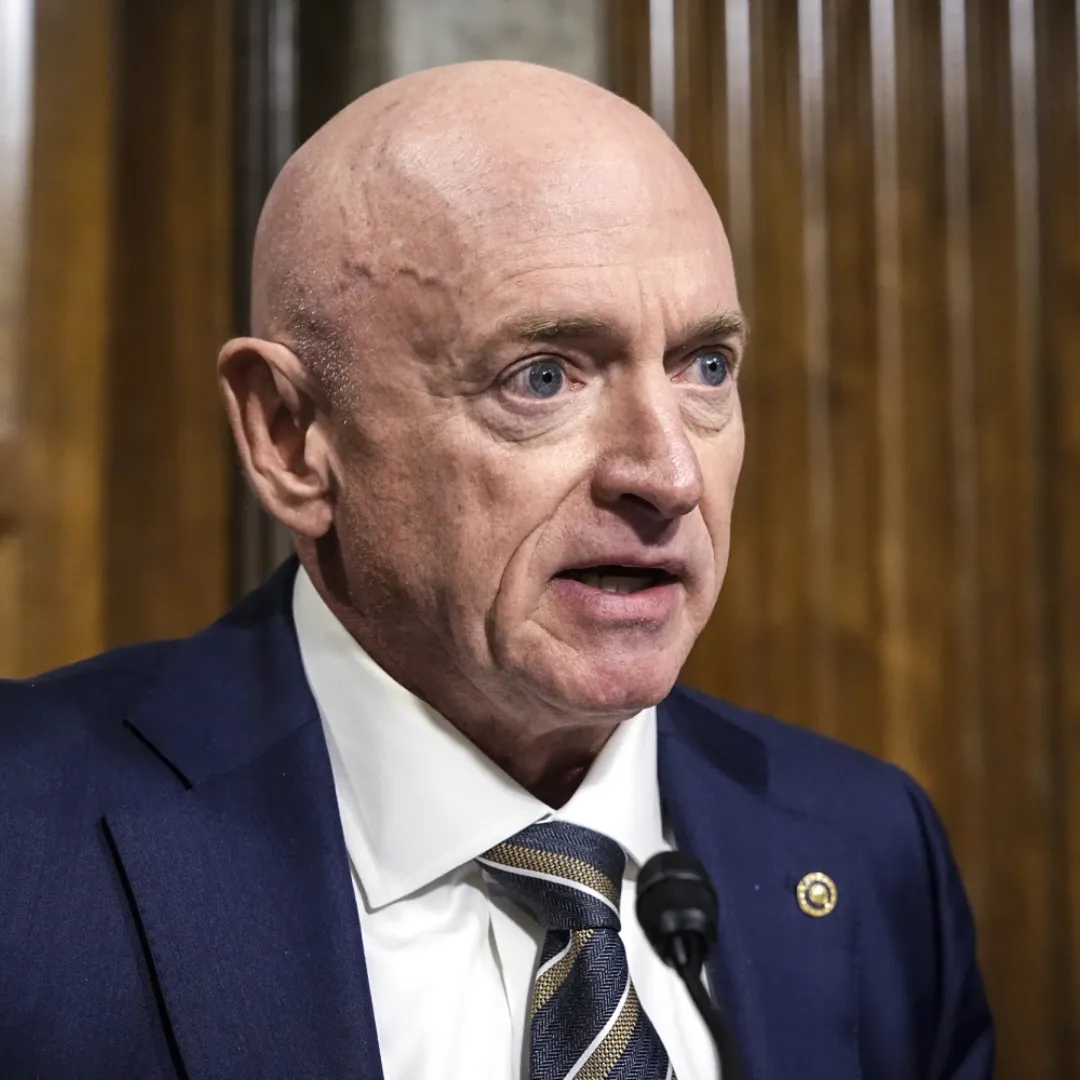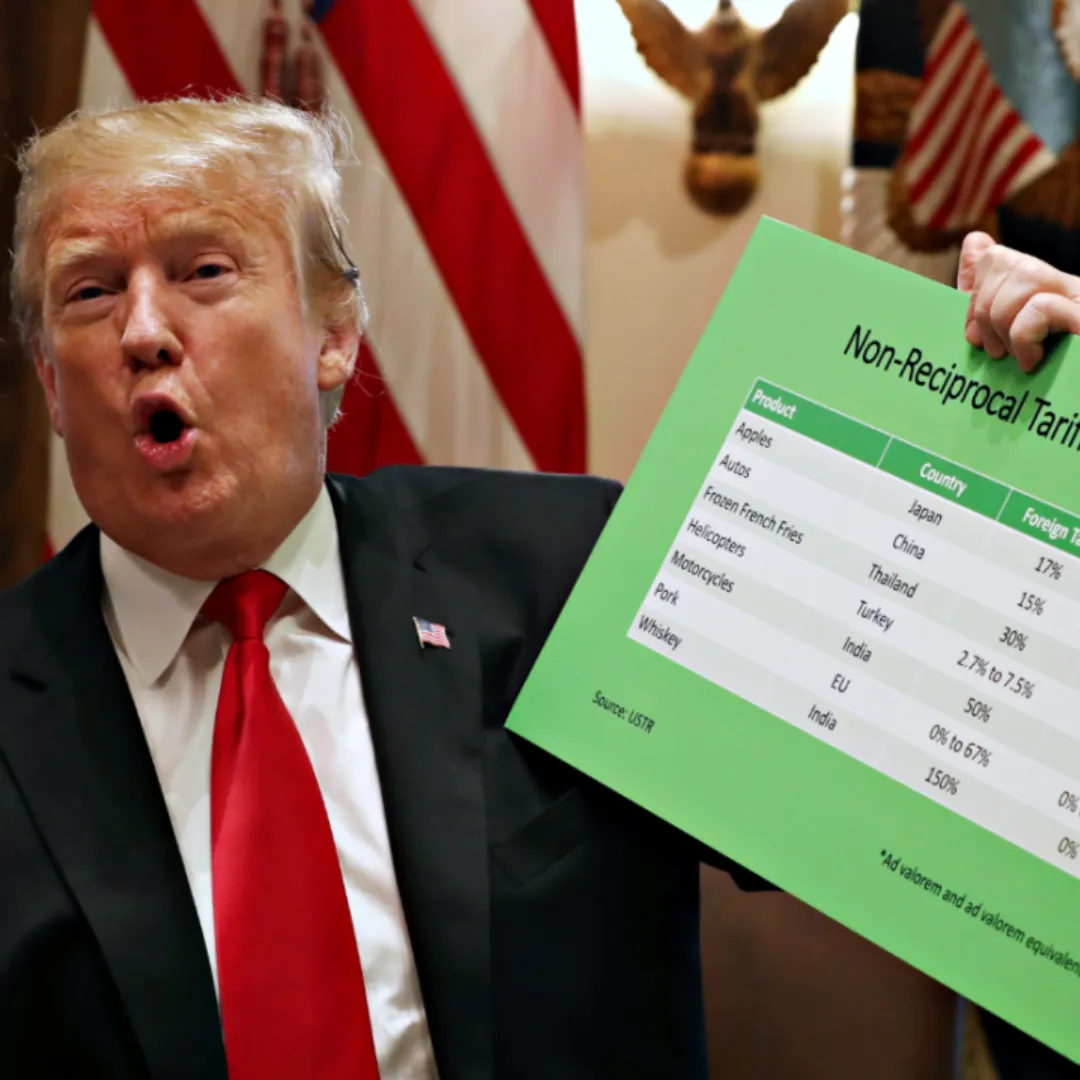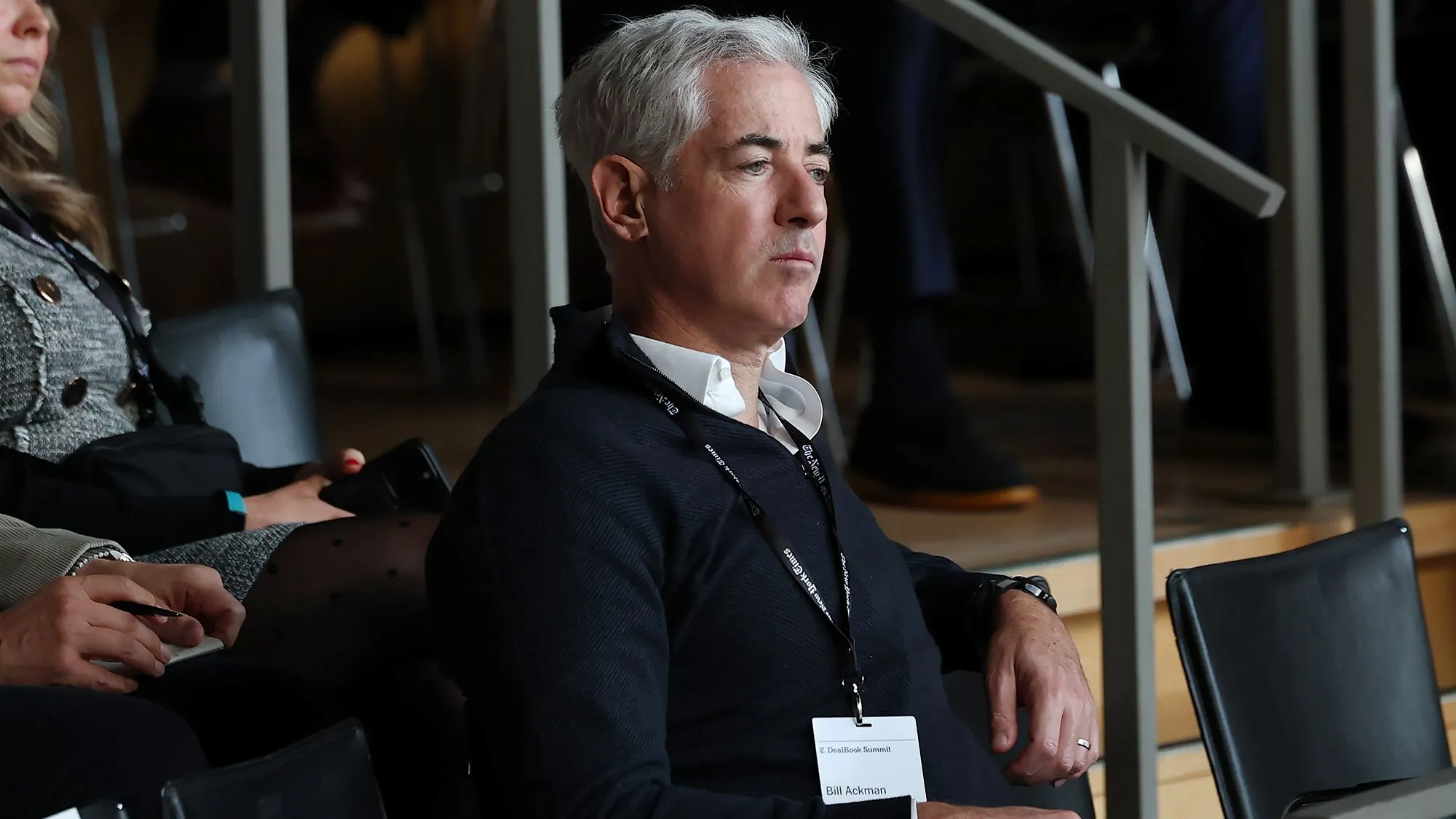Tech billionaire Elon Musk has voiced strong concerns over recent attacks on Tesla dealerships, calling for a firm response from the U.S. government. .
In a Thursday appearance on Fox News’ Special Report, Musk suggested that the Trump administration would take a hard line against protesters and individuals involved in vandalizing Tesla properties across the country. His remarks have sparked further controversy, as the backlash against his electric vehicle company continues to grow.
“The president’s made it clear: We’re going to go after them,” Musk said during his Fox News interview, responding to the recent surge in protests and acts of vandalism targeting Tesla dealerships. He added, “The ones providing the money, the ones pushing the lies and propaganda, we’re going after them.”
This latest wave of tensions between Musk and his critics comes after a string of incidents where Tesla properties were targeted, both domestically and internationally. These attacks have been part of a broader movement to challenge Musk’s growing political influence and his collaboration with President Trump, particularly around the issue of government spending cuts and job reductions.
Musk’s comments came just days after Florida Attorney General Pam Bondi labeled the attacks on Tesla properties as “domestic terrorism” in an effort to underscore the seriousness of the situation. Bondi has also called on Democratic leaders to apologize for their comments about Musk’s company, accusing them of fueling the growing animosity.
As of now, several individuals have been arrested and charged in connection with the vandalism.

In his interview with Fox News’ Bret Baier, Musk expressed his disbelief over the violence directed at his company, especially the attacks on Tesla dealerships. He argued that while the individuals who commit these acts are clearly responsible, the true culprits are the people behind the spread of “lies and propaganda.”
“It’s really unfortunate,” Musk said, addressing the attacks on Tesla properties. “The real problem is not the people — it’s not like the crazy guy that firebombs a Tesla dealership. It’s the people pushing the propaganda that cause that guy to do it.”
Musk emphasized that those who are spreading misinformation about Tesla and its CEO are, in his view, the true “villains” in this situation.
He went on to say, “Those are the real villains here, and we’re gonna go after them.” His comments are part of a broader defense of his company, which has faced increasing scrutiny from various political groups.
Tesla’s involvement in American politics, particularly its perceived relationship with the Trump administration, has been a focal point of this tension.
The attacks on Tesla dealerships are not isolated incidents. They are part of a wider movement called “Tesla Takedown,” which seeks to undermine Musk’s influence and disrupt the operations of his electric vehicle company.
The movement has gained traction both in the U.S. and internationally, with activists organizing protests and encouraging people to divest from Tesla stock or sell their vehicles in order to harm the company’s financial standing.
One of the key grievances of the Tesla Takedown movement is Musk’s growing political influence, particularly his alignment with President Trump. Critics of the movement argue that Musk's business ventures are being used as a tool to further the agendas of wealthy elites, including massive cuts to government spending and reductions in social programs.
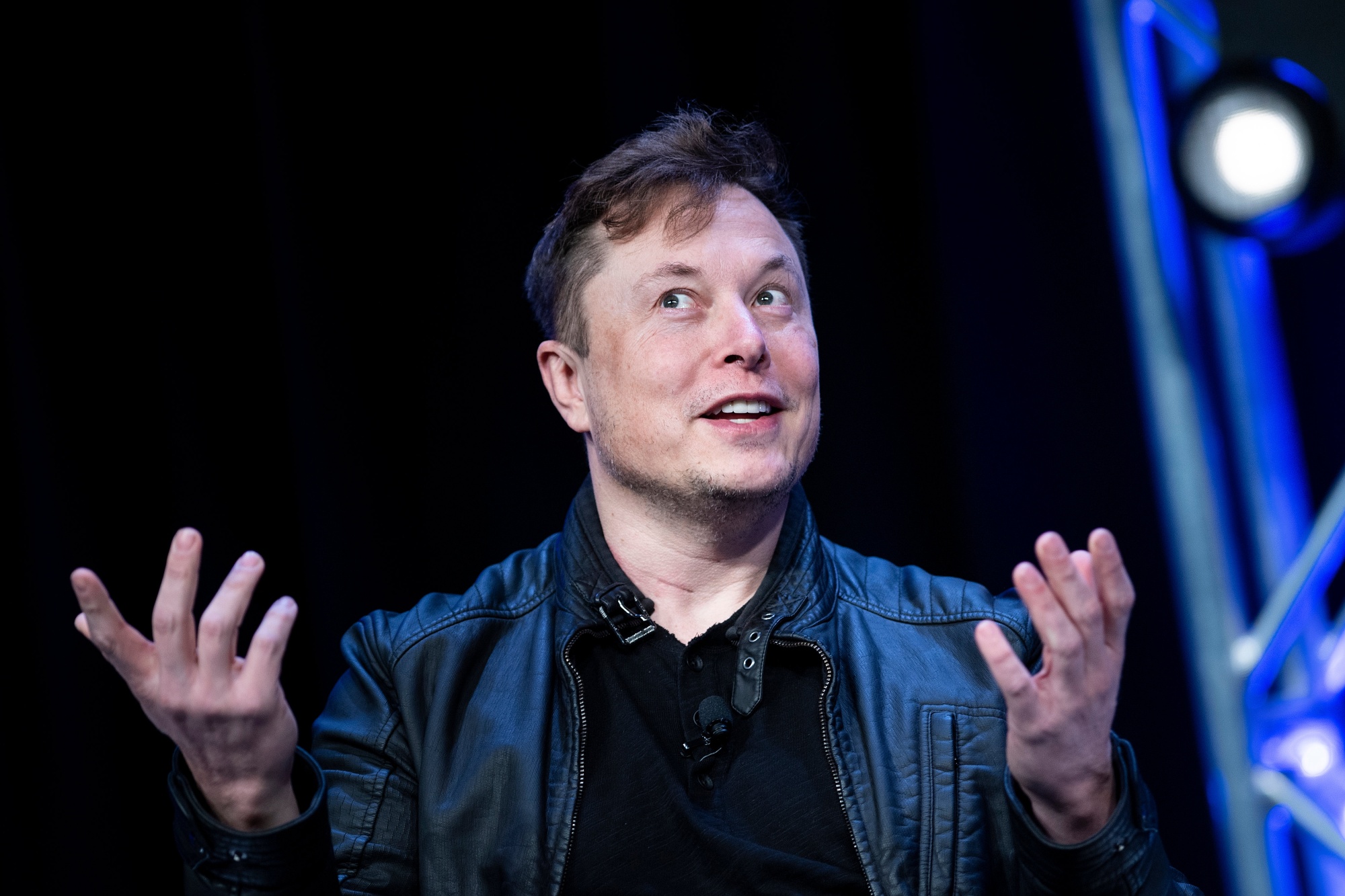
The group has taken its protest global, organizing demonstrations in various countries around the world.
In addition to the physical protests, the movement has also led to Tesla’s removal from auto shows, including a notable exclusion from an auto exhibition in Vancouver, British Columbia. The protests and safety concerns surrounding Tesla’s participation in the event led to the company’s withdrawal from the show.
Despite the backlash, Musk has maintained that Tesla is a peaceful company that has always aimed to produce great cars and products for its customers. “Tesla’s a peaceful company that has made great cars, great products. That’s all it’s done,” Musk said. “It hasn’t harmed anyone.”
He added that the violence against Tesla properties was unwarranted and misplaced, highlighting the fact that people were committing extreme acts of vandalism over what he sees as misinformation and unfounded attacks.
As protests and acts of vandalism continue to escalate, Musk’s frustration has become more apparent. He criticized the violent tactics employed by protesters, including firebombing Tesla dealerships, shooting into stores, and making violent threats against employees.
He described these actions as “unfortunate” and warned that they were counterproductive to any legitimate cause.
“People are committing violence. They are firebombing Tesla dealerships. They are shooting guns into stores. They’re threatening people,” Musk said.
His condemnation of the violence has not been without controversy, as some have argued that his remarks downplay the broader social and political issues driving the protests.
For Musk, the focus remains on the individuals pushing what he sees as a divisive political agenda. He claims that these are the people who are responsible for inciting violence and disrupting the operations of his company.
According to Musk, the protests are driven by a political agenda that is aimed not just at Tesla, but at the larger influence of Silicon Valley and its role in American politics.
Musk’s outspoken comments on the vandalism have been supported by President Trump, who has long been a key ally of the Tesla CEO. Trump, who recently purchased a Tesla in a show of support for Musk as Tesla’s stock prices dipped, has spoken out against the attacks on Tesla dealerships, drawing a comparison between these acts of vandalism and the January 6, 2021, Capitol riot.
“These are terrorists,” Trump said, referring to the individuals responsible for the vandalism. “You didn’t have that on January 6, I can tell you,” Trump added during a press briefing at the White House.
The president has consistently framed the vandalism of Tesla properties as an example of politically motivated extremism, condemning those who have targeted the company and its assets.
Trump’s comparison to the Capitol riot has raised eyebrows, particularly because the January 6 attack resulted in the deaths of several individuals and severe damage to government property. However, Trump has continued to draw parallels between the two events, arguing that the vandalism of Tesla dealerships represents an unprecedented attack on American values and institutions.
The ongoing attacks on Tesla dealerships represent a broader political statement in the United States, where culture wars over issues like government spending, corporate power, and the influence of Silicon Valley are reaching new heights. Tesla, as one of the world’s most valuable companies and a prominent figure in the electric vehicle industry, has found itself at the center of this ideological battle.
Critics of Musk’s growing political influence view Tesla as a symbol of corporate power run amok, while supporters see the company as a pioneer in sustainable energy and innovation. The violence directed at Tesla dealerships, however, underscores the depth of the division within the country, with both sides accusing each other of being responsible for the growing polarization.
Musk’s defenders argue that the attacks on his company are part of a larger effort to undermine American industry and innovation, while his critics contend that his alignment with Trump and his efforts to slash government spending are indicative of the dangers of unchecked corporate power.
As the protests and vandalism continue, the future of Tesla and Musk’s influence on American politics remains uncertain. The company’s political ties to Trump and its growing role in the country’s culture wars have made it a lightning rod for controversy.
Musk, for his part, has made it clear that he intends to fight back against those he views as attacking his company and spreading misinformation.
“The real problem is not the people — it’s not like the crazy guy that firebombs a Tesla dealership. It’s the people pushing the propaganda that cause that guy to do it,” Musk said.
Whether or not Musk and his company can weather the storm of protests and political backlash remains to be seen, but one thing is clear: Tesla’s future, and Musk’s place in the American political landscape, will continue to be closely watched in the years to come.
